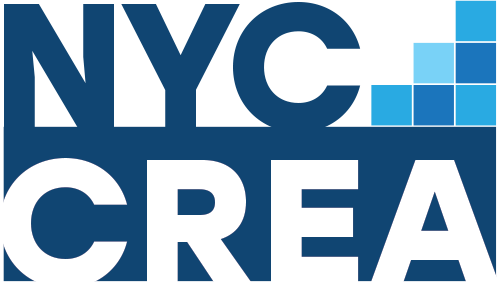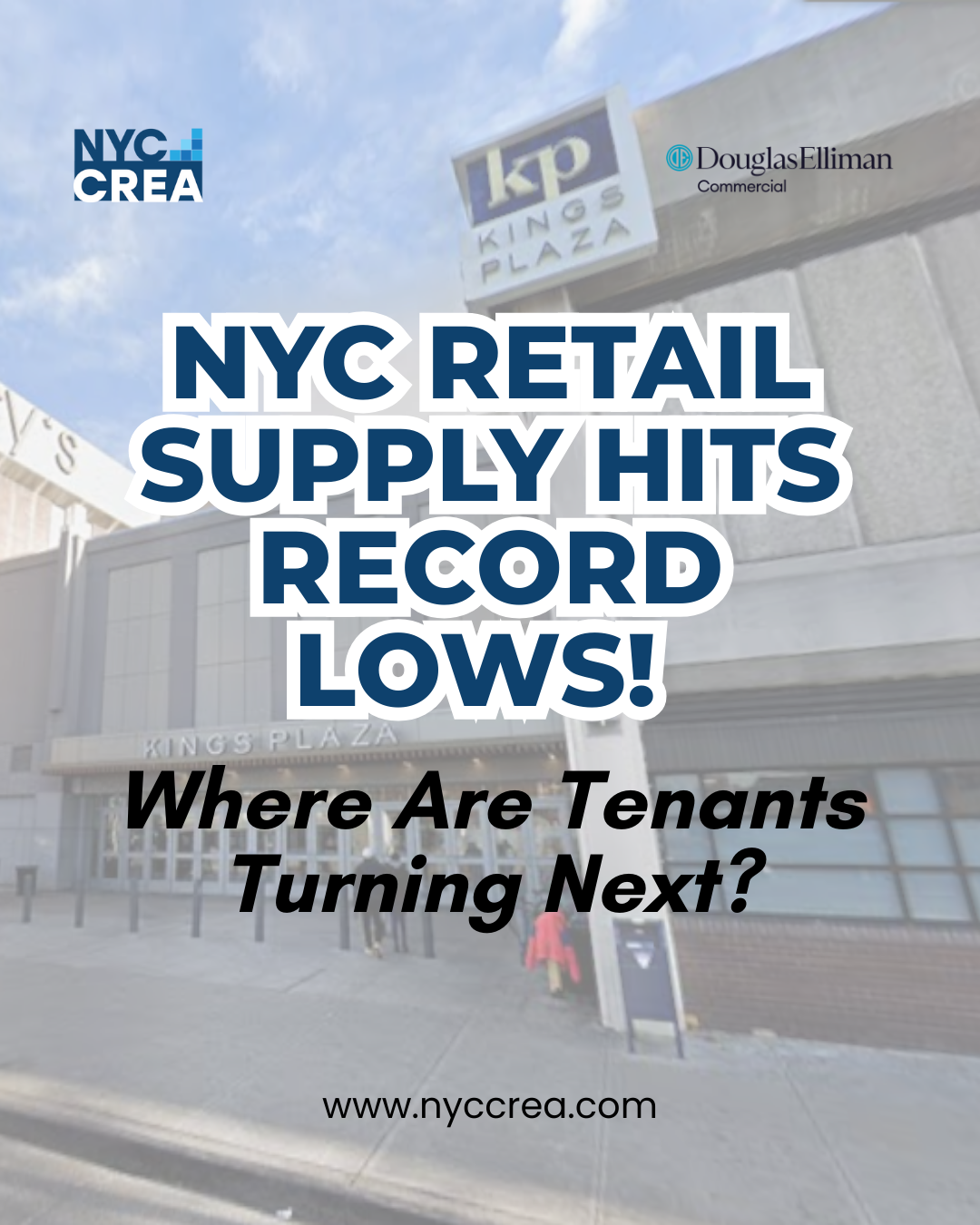In a significant move that highlights Tesla’s continued expansion and strategic real estate acquisitions, the electric vehicle company of world’s richest man Elon Musk has secured a substantial lease at 30-02 Whitestone Expressway in College Point, Queens. This is according to an industrial report from global real estate services firm JLL. Occupying 150,000 square feet of what was formerly a Toys-R-Us, Party City, and the College Point Multiplex, the site marks a notable footprint for Tesla in the New York City borough. Although details surrounding the financial terms of the lease remain undisclosed, the former shopping center will be repurposed as part of a collaboration between Triangle Equities and Ceso Architects to serve Tesla’s evolving needs in the area. The exact plans for the space remain somewhat ambiguous; however, it is expected that Tesla may use it to expand its service operations, especially as the company only has one existing service center in Queens, located on Van Dam Street in Long Island City.
This recent lease in Queens follows Tesla’s August acquisition of a 40,000-square-foot property in Maspeth, Queens, for $18 million, intended for its supercharger team. With over 700 parking spaces and a newly envisioned retail and manufacturing development in place, the College Point site is expected to breathe new life into the area, transitioning from an outdated retail location into a forward-looking industrial space. This development signifies a transformative partnership that benefits Tesla, Triangle Equities, and the wider community.

Win-win for Queens
Tesla’s decision to lease and repurpose a former retail complex has several potential benefits for Queens. First, by choosing to renovate rather than demolish the site, Tesla and Triangle Equities are preserving resources and reducing the environmental impact that a demolition would have entailed. This sustainable approach aligns well with Tesla’s brand as a green energy pioneer and may further appeal to environmentally conscious New Yorkers. Additionally, the renovated facility will likely create job opportunities, both in the construction phase and later as Tesla increases its operations. Job creation in the College Point area could help revitalize the local economy, particularly as traditional retail spaces continue to decline in favor of industrial and multi-use spaces that meet modern demands.
Moreover, Tesla’s lease at College Point could act as a catalyst for further investment in the area. The presence of a globally recognized company often attracts ancillary businesses, whether in charging infrastructure, supply chain facilities, or complementary services, which can bring an economic ripple effect to Queens. Tesla’s supercharger team’s recent real estate investments also suggest a potential increase in charging infrastructure, which would benefit not only Tesla customers but also the city’s move towards sustainable transportation solutions. This could be seen as a win-win for Queens, aligning with broader city and state initiatives that support clean energy and green transportation infrastructure.

Tesla’s Expansion Restricted
Tesla’s model of selling directly to consumers rather than through traditional dealerships has been a point of contention in New York State, with legal and political obstacles shaping its ability to expand. An agreement in 2014 allowed Tesla to keep its five existing showrooms but prevented further retail outlets due to opposition from the auto dealership lobby. This limitation presents a challenge for Tesla as it seeks to grow within New York, especially with the high demand for electric vehicles in urban centers. While the new Queens lease may not add another showroom, any perceived expansion could reignite lobbying efforts that seek to restrict Tesla’s operational flexibility.
Further, as Tesla moves into a property with a long history as a retail space, the company may need to navigate zoning requirements and adapt the space to meet its specific industrial and service needs. The renovation and conversion of the facility represent a major investment, and there could be delays or unexpected expenses related to building compliance, particularly in a state with stringent regulations for automotive service and manufacturing spaces. Furthermore, maintaining neighborhood goodwill will be key as Tesla’s footprint increases, particularly if increased traffic or environmental concerns arise as a result of the site’s new use.

Push the Boundaries
Tesla’s new lease in College Point represents a bold step forward in its expansion strategy, enabling the company to increase its service capacity and presence in the Queens area. The transition from a traditional retail space to an innovative industrial site fits Tesla’s image as a disruptor and offers potential economic and environmental benefits to the community. As retail spaces continue to evolve and industries shift, Tesla’s adaptive use of existing real estate could set an example for other companies looking to expand sustainably in urban areas.
However, Tesla’s expansion also highlights the complexities of its growth model in regions with strong regulatory environments and entrenched industries. While the College Point location provides an opportunity for growth and innovation, Tesla must navigate New York’s legal landscape, address community needs, and manage the costs associated with reconfiguring the site. As Tesla continues to push the boundaries of traditional automotive operations, its ability to successfully establish new operational bases in cities like Queens will shape the future of both the company and the communities it serves.







